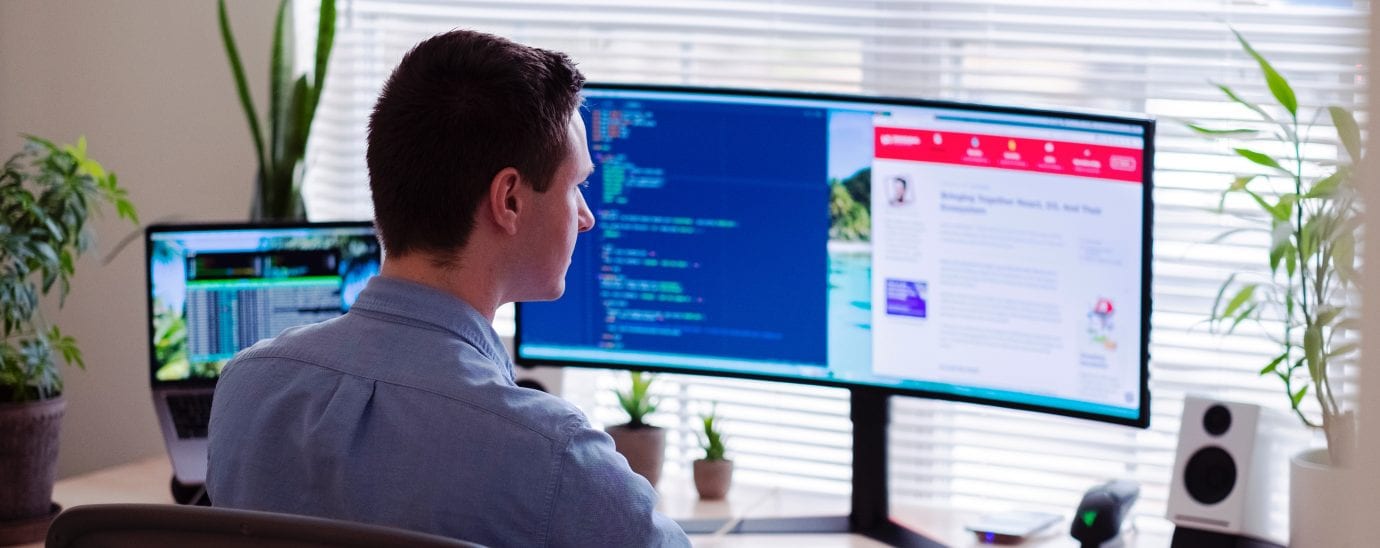It’s time to reimagine work to ensure business continuity

By Paige P. Erickson, Managing Director, EMEA, Workfront
Digital communication and collaboration tools have kept us connected and working throughout the COVID-19 pandemic. But have they made us more productive? Despite research that the majority of employees feel they’re more productive in their remote working world, it’s not clear whether all of that activity is helping their companies or their individual engagement.
Yes, team members may be working longer hours and spending more time communicating online—according to Bloomberg, the average worker is clocking up three hours more each day while working from home. However, a recent LinkedIn study has found that much of the working from home process has simply encouraged ‘e-presenteeism’, meaning employees feel they should be online and available as much as possible. This is leading many workers to feel overworked and suffer stress or burnout.
The urgent transition to working from home in the wake of the COVID-19 pandemic meant many businesses had to outfit their workforce with better tools for collaboration and virtual connection. Lots of companies were actually caught off guard by the transition to remote working, with only 39% stating they already used technology that made remote working easy. This led 62% of large businesses to invest in new software, such as communication tools, and the now ever-present Zoom, to help their employees effectively work from home.
But even with new technology offerings, remote working hasn’t resolved many pre-existing workplace frustrations. Silos, a lack of structured communication and ensuring all team members are pulling in the same direction, for example, are still—if not greater—issues in our new way of working. Without the right approach to work, employees are toiling away without understanding how or whether they are bringing value to their organisations. And this is preventing businesses from reaching their best work.
So, at a time when businesses desperately need continuity, how do they improve the approach to work to maximise productivity?
Workers need better technology, not more technology
While technology can make things easier, it can also make work more complicated. Therefore, it’s essential that businesses select the right technology to support work continuity and readjust the state of work for their teams. This is where work management can help.
Work management provides an enterprise with one system that integrates with other core software and applications across the business. Enterprise work management technology deployed throughout a company can serve as an operational system of record for work, much like a CRM serves as a system of record for customers. Which means all workers have the ability to fully track, manage, or orchestrate work, gain full visibility, and make data-driven decisions and optimise work between departments and across a whole enterprise—all from one place.
Read more: Predictions for 2021: Asana, Code First Girls, Fiverr & More
Like other systems of record, such as SAP or Salesforce, enterprise work management transcends individual collaboration tools, connecting all elements of work, processes and even applications where work happens. It provides businesses with greater visibility, oversight, understanding and context for strategic projects and overarching goals.
By ensuring all team work is connected and shared, employees can see that their daily activity stays aligned to company goals, providing a greater sense of workplace fulfilment and a boost to productivity at a time when they need it most.
Importantly, work management platforms also deliver visibility and insights for executives, providing them with the right information to prioritise, re-prioritise and make important decisions quickly and with precision.
The return to work shouldn’t be the return to business as usual
Work is changing. COVID-19 has proved a catalyst to embrace a new approach to work. But now businesses need more than that.
They must begin viewing and treating the business of work the way they do with other tier one assets. It’s time to take a strategic approach to “managing” work, in much the same way we manage finance, customers and human resources. Investing in the right technology to support each worker—from the back office to the board room—is part of that strategy to help businesses manage the right work well.
Just because teams are starting to return to the office doesn’t mean work should return to ‘business as usual’. Our time working at home has taught enterprises many important things about improving the state of work. Workers have enjoyed a better work/life balance, more time with family and less workplace disruptions. But they’ve also learnt that the approach to work and communication can be different and most workers won’t want to return to the imperfect way things were before.
As we enter a new phase of the return to work, it’s time for businesses to embrace a modern way of working. Business continuity is vital to make sure your company grows post-pandemic, but your teams need more than just video conferencing apps to achieve their best. With a more modern approach to work, businesses can not only survive but thrive.
